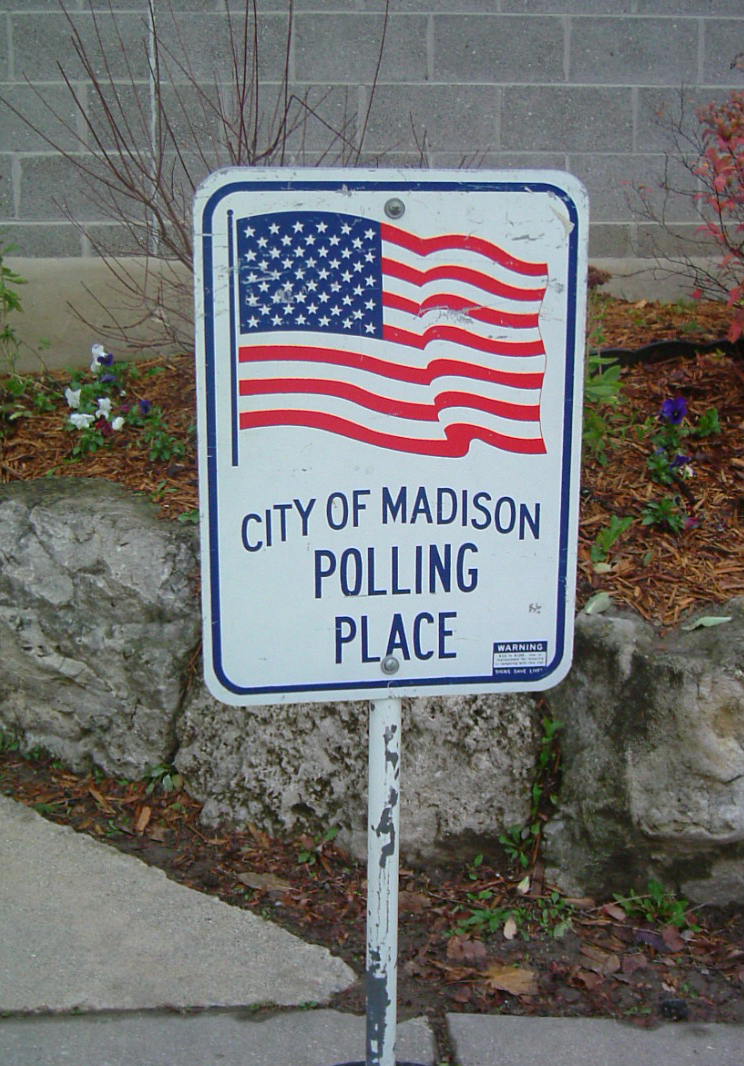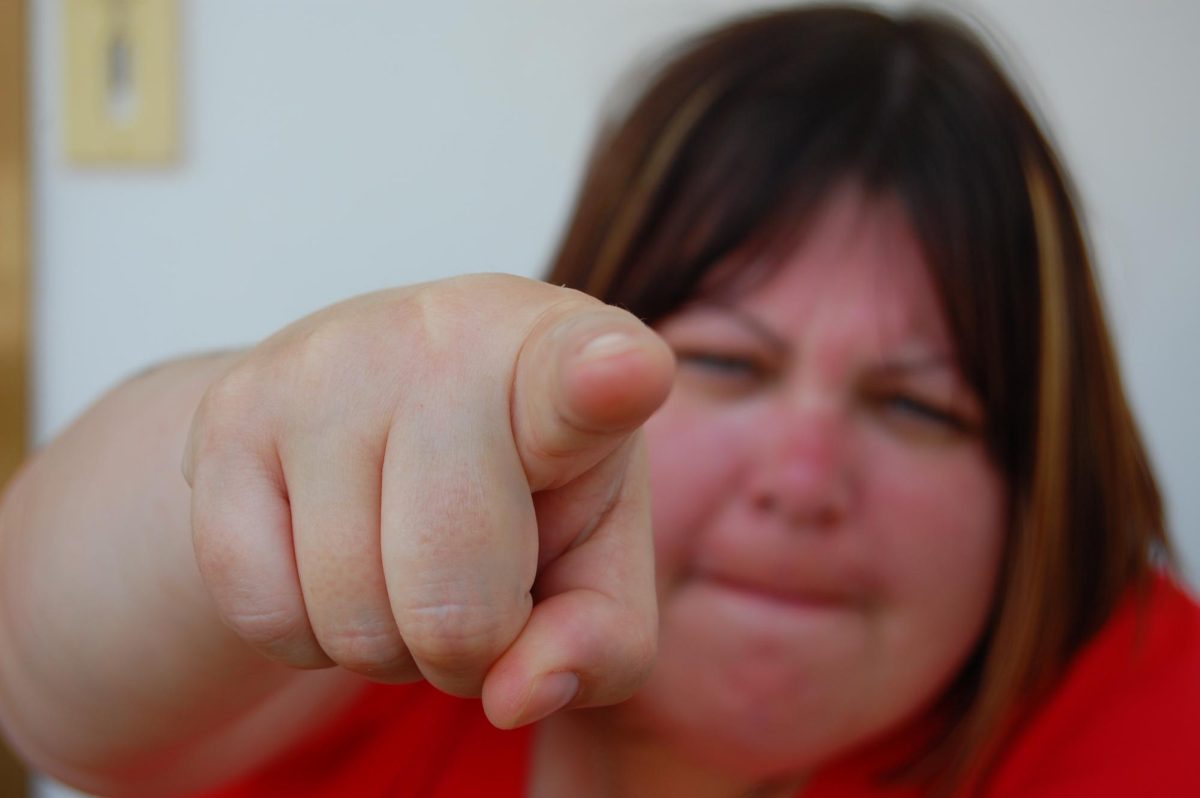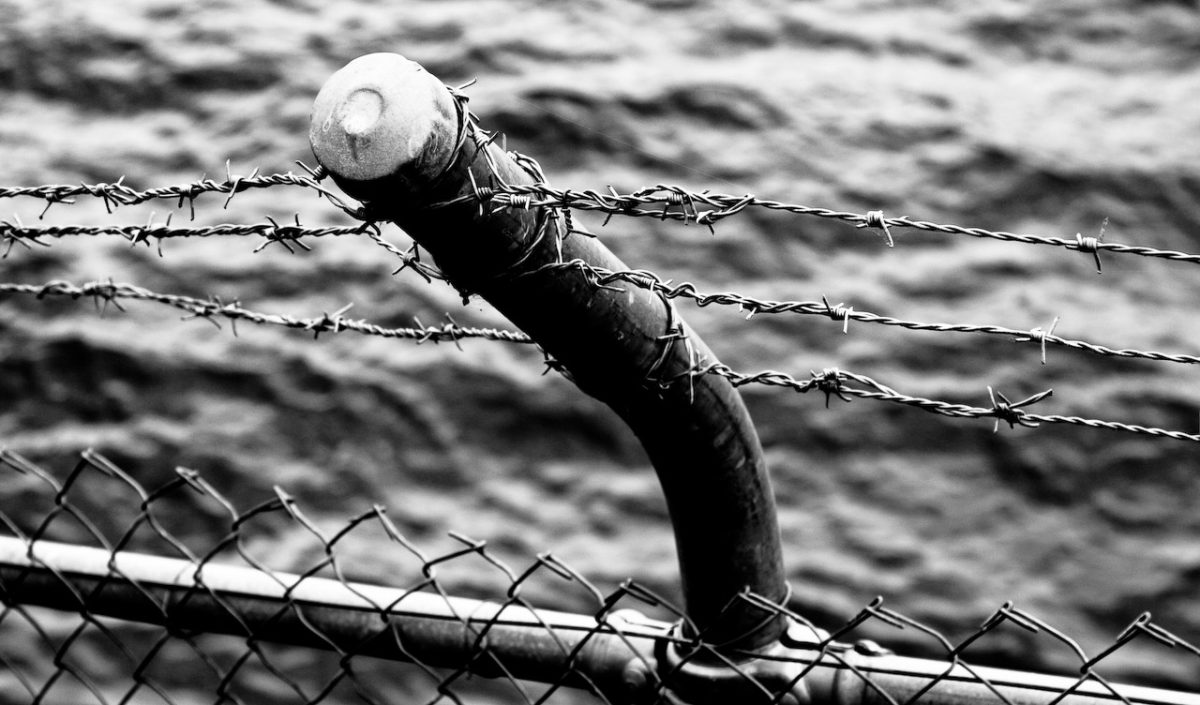“I’ll do it in 5 minutes” – Procrastination and How To Avoid It

October 27, 2022
Procrastination. Sadly, we all do it. Heck, I procrastinated writing this article. But what is procrastination exactly? Why do we do it? And how do we get rid of this bad habit?
According to albany.edu, “Procrastination is the practice of carrying out less urgent tasks in preference to more urgent ones, or doing more pleasurable things in place of less pleasurable ones, and thus putting off impending tasks to a later time, sometimes to the “last minute” before a deadline.” When we procrastinate, we put off, often important, tasks for later. Why is it bad? “It’s self-harm,” says Dr. Piers Steel, A professor of psychology at the University of Calgary. “That self-awareness is a key part of why procrastinating makes us feel so rotten. When we procrastinate, we’re not only aware that we’re avoiding the task in question, but also that doing so is probably a bad idea. And yet, we do it anyway.”
Why do we procrastinate? According to Dr. Fuschia Sirois, professor of psychology at the University of Sheffield, “People engage in this irrational cycle of chronic procrastination because of an inability to manage negative moods around a task.” So procrastination is not a time management problem. It’s an emotional problem. We procrastinate because we might think the task is just plain boring, like cleaning a room or vacuuming. Other times, we procrastinate because we feel insecure about that task. For example, writing an essay for school. You might think, What if no one likes what I wrote? My writing is so bad. What if I don’t do a good job?
But what makes this cycle especially dangerous is the relief we feel when we procrastinate. Sirois says, “you’ve been rewarded for procrastinating,” and we know that when we feel rewarded for something, we often repeat it. That’s why procrastinating can become a very bad habit.
So, how do you stop procrastinating? Here are a few tips to help:
- Break your tasks into smaller ones. You’re more likely to avoid procrastination if you have small tasks, rather than one big one.
- Create a schedule for yourself. I use a planner to write down all the things I have to do, and the times for them. For example, when it’s 6:00, I pick out my clothes for the next day. When you have a set time for everything, it’s easier to keep track of what you have to do, and for me, I know I have to do that task immediately so I have time for the next.
- Try the Pomodoro Technique. This method requires you to do work for 25 minutes – that means no phones, messages, or any other distractions – and focus on that task intently. Then, when the 25 minutes are over, you give yourself a small break – a reward. Repeat the process as needed.
- Let yourself procrastinate. Wait, what? Allow yourself to have a 15 minute break every hour or so, for example. During those breaks, scroll through social media, play a game, or whatever you find entertaining. Instead of fighting the feeling, build procrastination into your schedule.
Hopefully, these tips will help you, but the most important thing to know is that procrastination has a negative effect on you. Understand that putting off a task for “5 more minutes” won’t do anything. Procrastinating may feel good, but finishing something – checking something off of your planner, hitting the submit button for your presentation, completing an article for the newspaper – feels even better.


















































